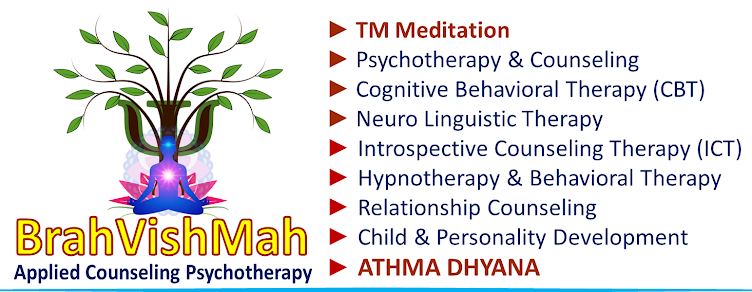Hypnotherapy is a type of complementary medicine in which hypnosis is used to create a state of focused attention and increased suggestibility during which positive suggestions and guided imagery are used to help individuals deal with a variety of concerns and issues.
A hypnotherapist uses non-pharmacological methods that allow clients to explore states of mind. Classically, the most common is the dominant brain wave state using relaxation techniques including deep breathing and self-awareness. Those methods reduce agitation and eventually bring the client to the edge of sleep. In that state, the "conscious" social identity that weighs experience is balanced with the "subconscious" mind that manages physiology and automatic behaviors.
Hypnosis is a natural state most readily activated through an experience that overwhelms rational thinking. Such experiences range from ecstasy to terror to simple exhaustion (the used car lot, familiarly, but also chronic anxiety). The conscious mind (around 10% of our mental processing) remains active but is thrust aside while the subconscious reacts to events. Hypnosis can also occur when a doctor announces a life-threatening illness. In all cases, the statements of the first authority encountered are accepted by the deepest parts of the mind, having a profound effect on outcomes
Cognitive/behavioral hypnotherapy
Cognitive behavioural hypnotherapy (CBH) is an integrated
psychological therapy employing clinical hypnosis and cognitive behavioural
therapy (CBT). The use of CBT in conjunction with
hypnotherapy may result in greater treatment effectiveness. A meta-analysis of
eight different researches revealed "a 70% greater improvement" for
patients undergoing an integrated treatment to those using CBT only.




No comments:
Post a Comment